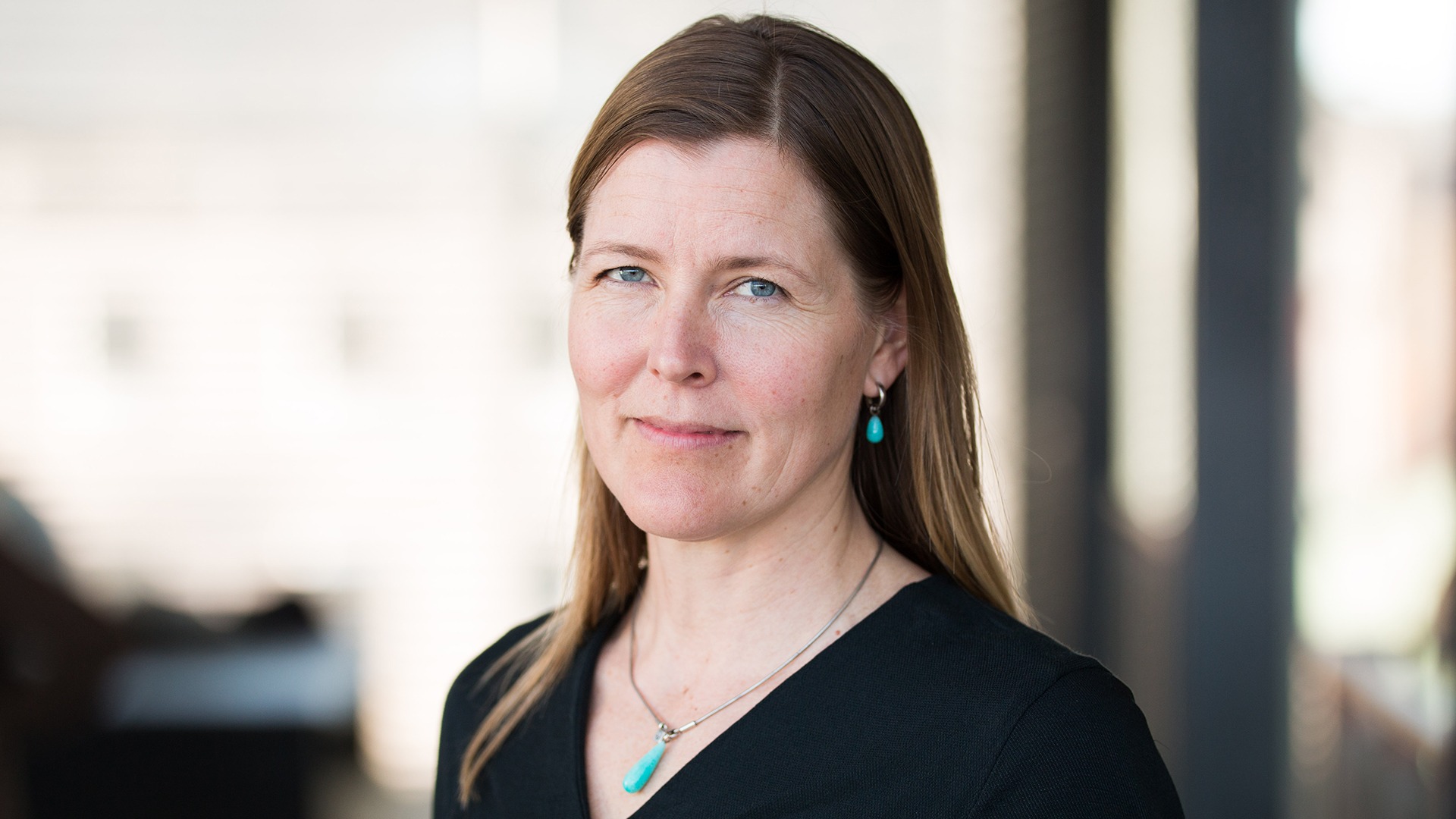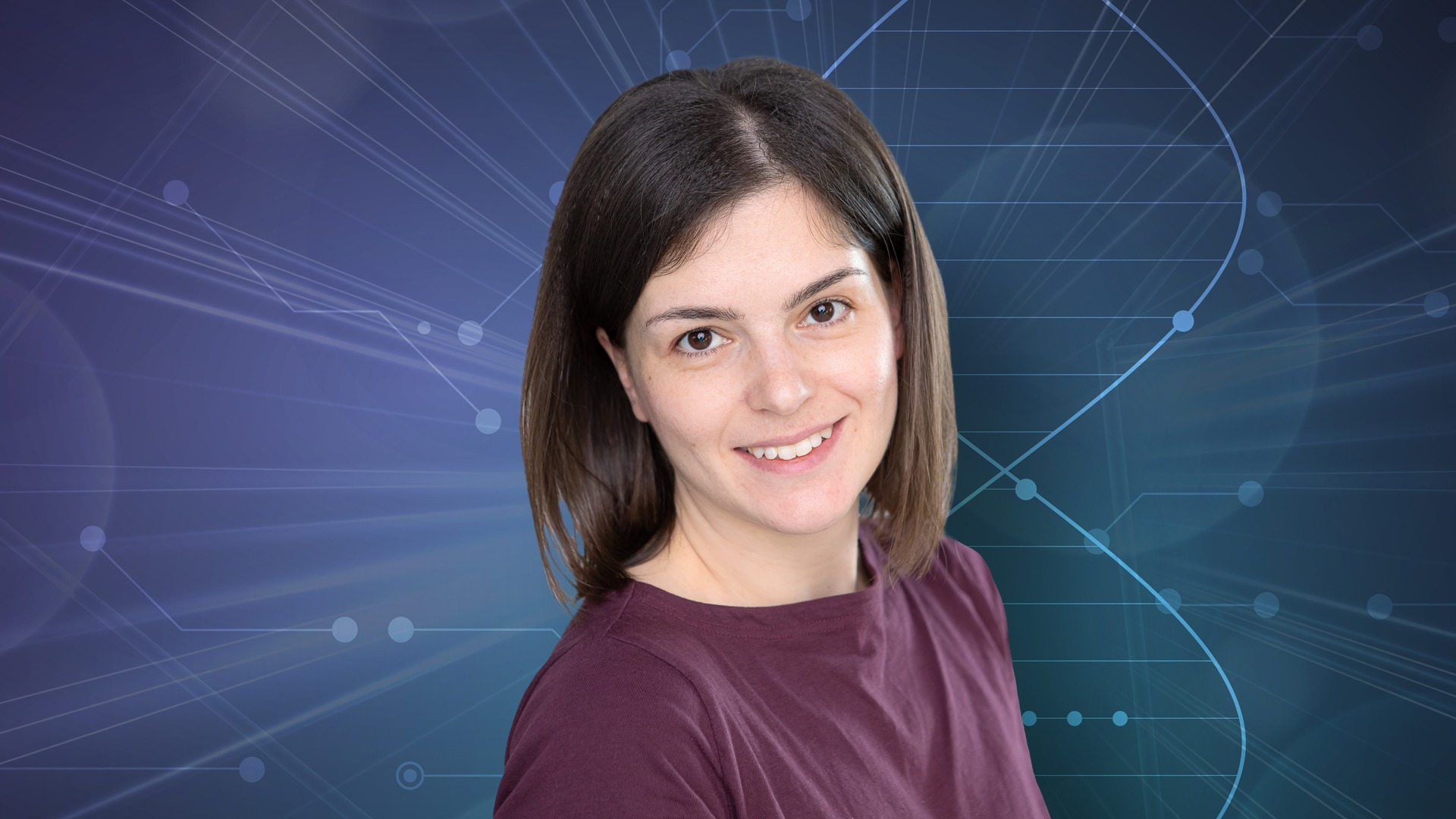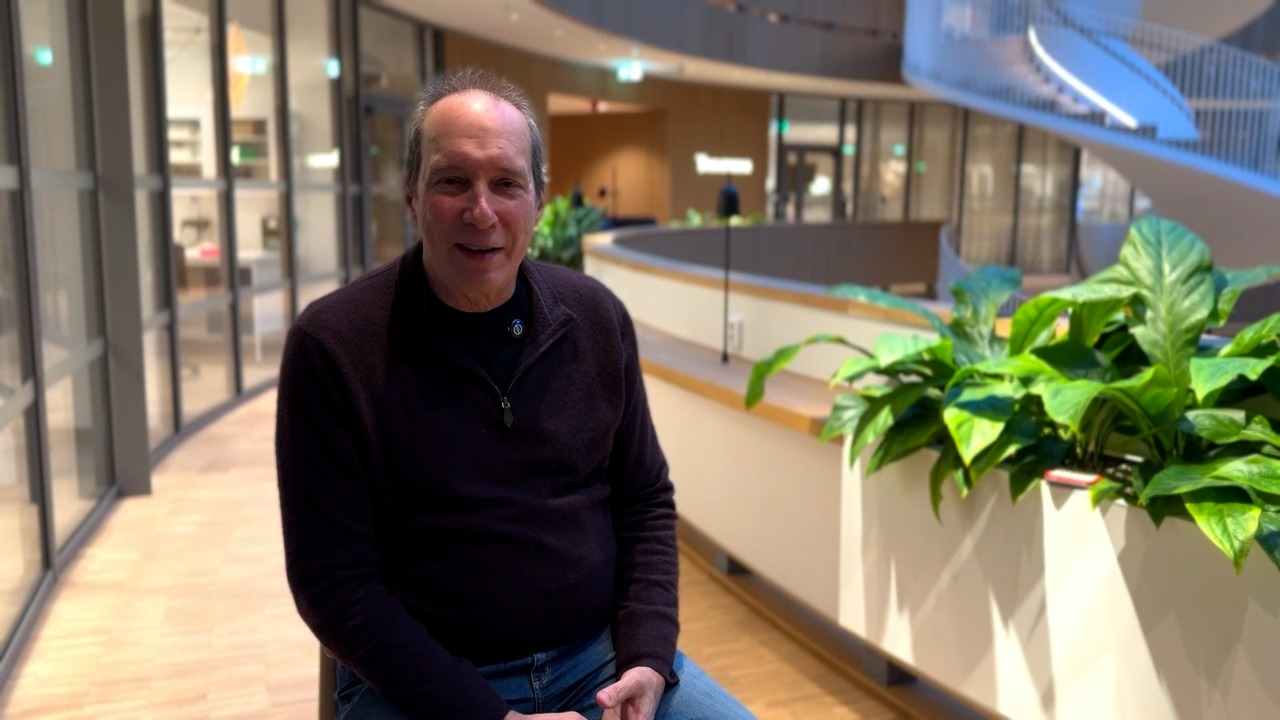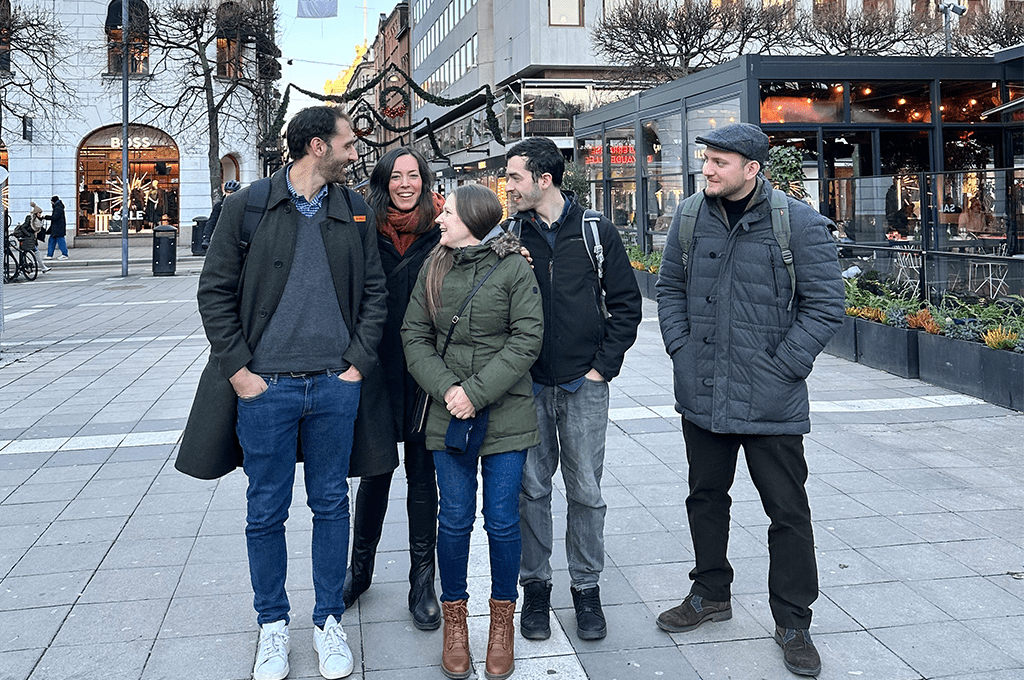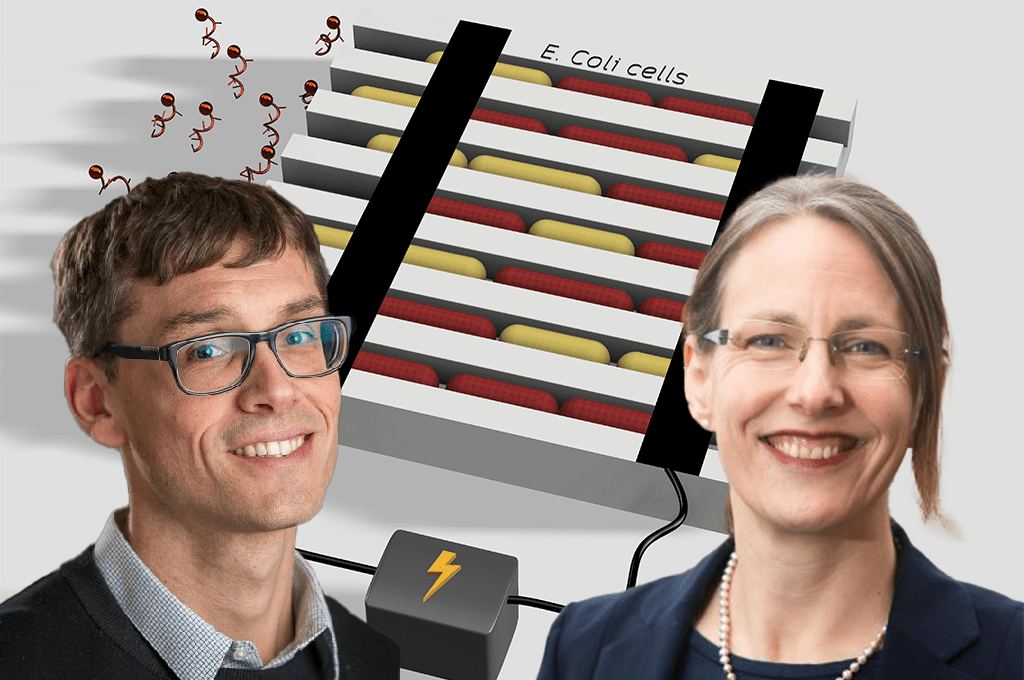Carolina Wählby on the DDLS Fellows recruitment
Carolina Wählby is Professor at the Department of Information Technology, Uppsala University, and member of the steering group of SciLifeLab and Wallenberg National Program for Data-Driven Life Science (DDLS). She is also part of the DDLS recruitment group. We got the opportunity to ask Carolina a few questions about the current recruitment of twenty DDLS Fellows within cell and molecular biology, precision medicine and diagnostics, evolution and biodiversity and epidemiology and infection biology.
Could you tell us more about the progress of the recruitment process?
It has been a bit of a challenge to organize recruitments so that they live up to both the wishes from the funder Knut and Alice Wallenberg foundation (KAW) and the rules and regulations at the host organizations. So far, I think the process has run quite smoothly. We managed to coordinate the 11 host organizations (KI, KTH, SU, UU, GU, UmU, LiU, LU, Chalmers, SLU, and the Museum of Natural History) in the international announcement of the first 20 fellows positions in June. In total, we got more than 700 applications by the deadline in September. There were however some candidates that applied for more than one position, and some candidates do not live up to the criteria for positions as associate professors. I still believe this is an excellent start for finding the 20 stellar fellows we are looking for. Currently, the fellows are evaluated by external reviewers selected by the host organizations. Based on these reviews, the host organizations will create a shortlist of candidates for interviews. We in the recruitment group of the DDLS steering group will assist in ensuring that final lists of candidates are long enough to ensure that each host gets a candidate, despite overlapping top-lists. We will also ensure the top-ranked candidates fulfill the requirements for receiving DDLS funding. With the current time-plan, it looks like most host organizations will be calling for interviews in December or January, with offers being made early 2022.
One of the missions for the DDLS program is train the next generation of life scientists – that sounds like quite an undertaking – could you reflect on the wide scope of the recruitment objective?
I’m thinking that ’next generation life scientists’ refers to scientists that have acquired an ability and confidence in communicating across traditional disciplines. We currently see enormous leaps in technology development, ranging from molecular detection methods, to automation, nano fabrication, and computing power to analyze massive cross-disciplinary datasets. Taken together, these technological developments open up great possibilities for exploring collected data in ways that were not possible before. I do not think everyone should become an expert in artificial intelligence, but I believe scientists with a deep understanding of the different subfields of life science can do much more impactful science if they incorporate new technologies and colleagues with computational expertises into their research teams. And the other way around. For this to be fruitful, communication is key, and this will of course also mean that those with computational and technological expertise will need to learn how to communicate with life scientists. The vision with the fellows recruitments is to find individuals with multidisciplinary skills who have potential to build up such research teams and become globally leading in data driven life science. The postdocs and PhD students that participate in, and contribute to, such an environment will be the next generation life scientists.
The program focuses on four strategic areas for data-driven research, ranging from cell biology and precision medicine to epidemiology and infection biology and evolution – what are your thoughts on how the data-driven approach will unify the DDLS fellows?
I believe the unifying component will be technical and computational aspects. Many aspects of technologies and computation are common, independently of life science application area.
Being a data-driven researcher yourself – what are your thoughts on how data-driven science will impact society?
My hope is that the enabled research will lead to valuable new insights benefitting society in a very broad science, ranging from a better understanding of disease and their treatments to insights in how environmental changes impact evolution and biodiversity. Interaction with industry is another important component of the DDLS program, and I foresee startup of new companies in the data-driven life science field, as well as important contributions to industries in Sweden and globally, which will then also impact society.
Finally, if you were to welcome the newly recruited fellows – what would be your message to them?
First of all, congratulations to a fantastic program with enormous possibilities! Next, I would encourage them to take time to talk to people and interact with the community they are part of – one should never underestimate the impact of a ”fika”.
Photo: UU, David Naylor
